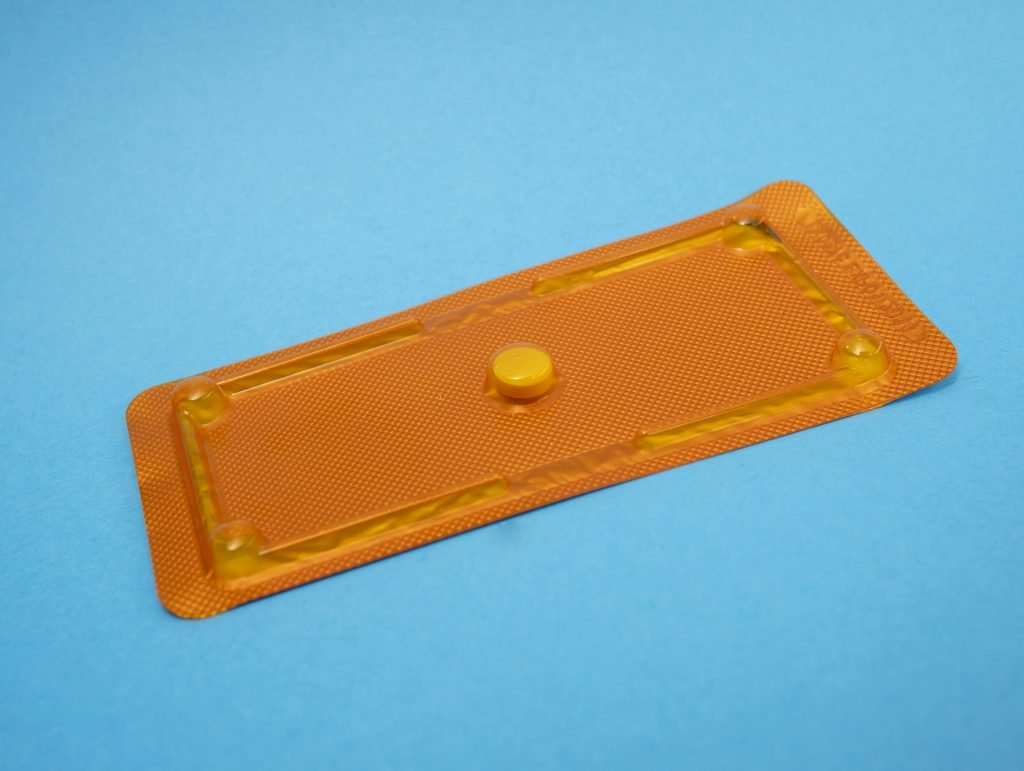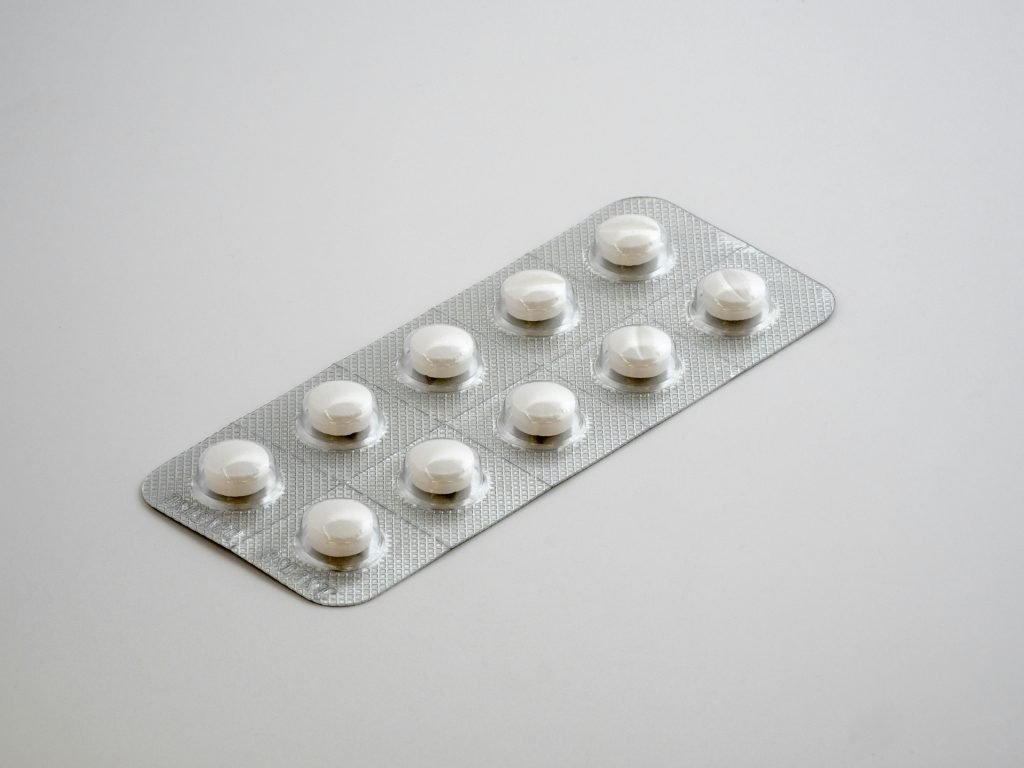Have you ever wondered if there are cheaper alternatives to the medications you need? Well, you’re in luck! In this article, we will explore the world of generic versions of medications and their cost. Whether you’re managing a chronic condition or simply looking for ways to save on prescription costs, we’ve got you covered. So, sit back, relax, and let’s delve into the world of generic medications and their potential savings for you.

This image is property of images.unsplash.com.
Understanding Generic Medications
What are generic medications?
Generic medications are pharmaceutical products that are made to be identical or bioequivalent to brand-name medications. They contain the same active ingredients, dosage forms, strengths, and routes of administration as their brand-name counterparts. However, generic medications are typically sold under their chemical names rather than a brand name.
How are generic medications different from brand-name medications?
The main difference between generic medications and brand-name medications lies in their price and the name under which they are marketed. Generic medications are generally much cheaper than brand-name medications. This is because generic manufacturers do not have to spend large amounts of money on research, development, and marketing. However, the quality, effectiveness, and safety of generic medications are regulated and monitored to ensure they deliver the same therapeutic effects as brand-name medications.
Availability of Generic Medications
Are all medications available in generic form?
Not all medications have a generic version available. Some medications have specific formulations or delivery systems that may make it difficult to produce an exact generic equivalent. Additionally, certain newly developed medications may still be under patent protection, preventing generic manufacturers from producing their own versions.
How do I know if there is a generic version of my medication?
To find out if there is a generic version of your medication, you can consult with your healthcare provider or pharmacist. They will have access to the most up-to-date information regarding the availability of generic alternatives. Additionally, you can also check with your insurance provider or conduct online research to determine if a generic version of your medication exists.
Cost of Generic Medications
Why are generic medications cheaper than brand-name medications?
Generic medications are typically cheaper than brand-name medications due to several factors. Firstly, generic manufacturers do not have the same expenses as brand-name manufacturers in terms of research, development, and marketing. This allows them to produce medications at a lower cost. Additionally, once a brand-name medication’s patent expires, other manufacturers can enter the market and produce generic versions, increasing competition and further driving down prices.
How much do generic medications cost?
The cost of generic medications can vary depending on the specific medication and where it is purchased. Generally, generic medications are significantly cheaper than their brand-name counterparts, sometimes costing up to 80-85% less. Prices can also vary between different pharmacies, so it is worth comparing prices before making a purchase.
Are there cost differences among different generic versions of the same medication?
While generic medications are generally more affordable than brand-name medications, there can still be variations in the cost of different generic versions of the same medication. These variations may be due to differences in manufacturing processes, dosage forms, or supply chain factors. It is recommended to compare prices and consult with your healthcare provider or pharmacist to determine the best option for you.
Quality and Safety of Generic Medications
Are generic medications as effective as brand-name medications?
Yes, generic medications are required to be as safe and effective as their brand-name counterparts. Regulatory authorities, such as the U.S. Food and Drug Administration (FDA), have stringent standards in place to ensure that generic medications meet the same quality, effectiveness, and safety standards as brand-name medications. Both generic and brand-name medications undergo rigorous testing and evaluation to demonstrate their therapeutic equivalence.
Are generic medications approved by regulatory authorities?
Yes, generic medications must undergo a rigorous approval process conducted by regulatory authorities such as the FDA. Generic manufacturers must demonstrate that their products are bioequivalent to the brand-name medication, meaning they deliver the same amount of active ingredient to the body in the same timeframe. Upon meeting these requirements, generic medications receive approval and can be marketed and sold to the public.
How can I ensure the quality and safety of generic medications?
To ensure the quality and safety of generic medications, it is important to purchase them from reputable sources such as licensed pharmacies or authorized online retailers. Look for medications that have been approved by regulatory authorities, as this is an assurance of their quality and safety. If you have any concerns or questions about a specific generic medication, consult with your healthcare provider or pharmacist for further guidance.

This image is property of images.unsplash.com.
Insurance Coverage for Generic Medications
Does insurance cover the cost of generic medications?
Many insurance plans cover the cost of generic medications. In fact, insurance companies often encourage the use of generic medications as a cost-saving measure. By opting for generic versions when available, you may be able to save on out-of-pocket expenses and co-pays. It is recommended to review your insurance plan to determine the specific coverage for generic medications.
Are there any restrictions on insurance coverage for generic medications?
While most insurance plans cover generic medications, there may be some restrictions or limitations in certain cases. Some insurance plans may require that you try the brand-name medication first before they will cover the generic equivalent. This is known as step therapy. Additionally, some insurance plans may have preferred generic medication lists, where they will cover specific generic versions but not others. It is important to review your insurance plan and speak with your healthcare provider or pharmacist to fully understand the coverage and any potential restrictions.
How can I find out if my insurance covers the generic version of my medication?
To find out if your insurance covers the generic version of your medication, you can contact your insurance provider directly. They can provide you with specific information regarding coverage, any associated co-pays or deductibles, and any restrictions that may be in place. Additionally, your healthcare provider or pharmacist can also assist in determining the coverage and discussing alternatives if necessary.
Purchasing Generic Medications
Where can I purchase generic medications?
Generic medications can be purchased from a variety of sources. They are widely available at pharmacies, both brick-and-mortar and online. It is important to ensure that you are purchasing from a reputable and licensed pharmacy to guarantee the quality and authenticity of the medication.
Do I need a prescription for generic medications?
The need for a prescription for a generic medication depends on the specific medication and regional regulations. Some generic medications require a prescription, while others may be available over the counter. It is recommended to consult with your healthcare provider or pharmacist to determine if a prescription is required for your specific medication.
How can I find the best prices for generic medications?
To find the best prices for generic medications, it is advisable to compare prices among different pharmacies. Online resources and websites can help facilitate this comparison. Additionally, some pharmacies may offer discount programs or generic drug savings clubs that can help reduce the cost of generic medications. It is worth exploring these options and discussing with your healthcare provider or pharmacist to maximize cost savings.

This image is property of images.unsplash.com.
Switching to Generic Medications
Can I switch from a brand-name medication to its generic equivalent?
In most cases, it is possible to switch from a brand-name medication to its generic equivalent. Generic medications are designed to deliver the same therapeutic effects as their brand-name counterparts. However, it is important to consult with your healthcare provider before making any changes to your medication regimen. They can provide guidance and ensure that the switch is appropriate for your specific medical needs.
Are there any concerns or precautions when switching to a generic medication?
While switching to a generic medication is generally safe and effective, there may be certain concerns or precautions to consider. In some cases, individuals may have specific allergies or sensitivities to certain ingredients or inactive components in the generic formulation. It is important to discuss any concerns or potential issues with your healthcare provider to ensure a smooth transition and optimal therapeutic outcomes.
Generic Medications and Patents
What is a medication patent?
A medication patent is a form of intellectual property protection that grants exclusive rights to the inventors or manufacturers of a medication. This exclusivity allows them to prevent others from manufacturing, selling, or distributing the medication without their permission. Patents are typically granted for a specific period of time, during which the inventors or manufacturers have sole rights to the medication.
When do medication patents expire?
The length of time for a medication patent can vary, but typically they are valid for 20 years from the date of filing. The patent clock starts ticking from the moment the medication is first invented or discovered. Once the patent expires, other manufacturers can enter the market and produce generic versions of the medication.
Can generic versions be produced before a patent expires?
Generic versions of medications cannot be produced until the patent expires or is otherwise invalidated or challenged. The exclusivity granted by the patent prevents other manufacturers from creating and selling generic versions. However, once the patent has expired, generic manufacturers can enter the market and produce their own versions, providing more affordable options to consumers.
Discussing Generic Medications with Healthcare Providers
How can I talk to my healthcare provider about switching to a generic medication?
To discuss switching to a generic medication with your healthcare provider, it is important to express your concerns, questions, or desire to explore cost-saving options. Open and honest communication is key. Your healthcare provider can provide you with information about the availability of generic alternatives, potential cost savings, and any considerations specific to your medical condition. They can also address any concerns or doubts you may have.
Are there any specific questions I should ask my healthcare provider about generic medications?
When discussing generic medications with your healthcare provider, you may consider asking the following questions:
- Is there a generic equivalent available for my medication?
- What are the potential cost savings associated with switching to a generic medication?
- Are there any specific considerations or precautions I should be aware of when switching to a generic medication?
- Will the switch to a generic medication have any impact on the effectiveness or safety of my treatment?
- Are there any alternative generic medications that may be suitable for my condition?
Conclusion
Generic medications provide a cost-effective alternative to brand-name medications while maintaining the same quality, safety, and effectiveness. Understanding the availability, cost, and quality of generic medications is essential for making informed decisions about healthcare. By discussing generic options with your healthcare provider, comparing prices, and ensuring quality sources, you can confidently navigate the world of generic medications and reap the benefits they offer in terms of affordability and accessibility. Remember to consult with your healthcare provider or pharmacist for personalized advice and guidance regarding your specific medical needs.


